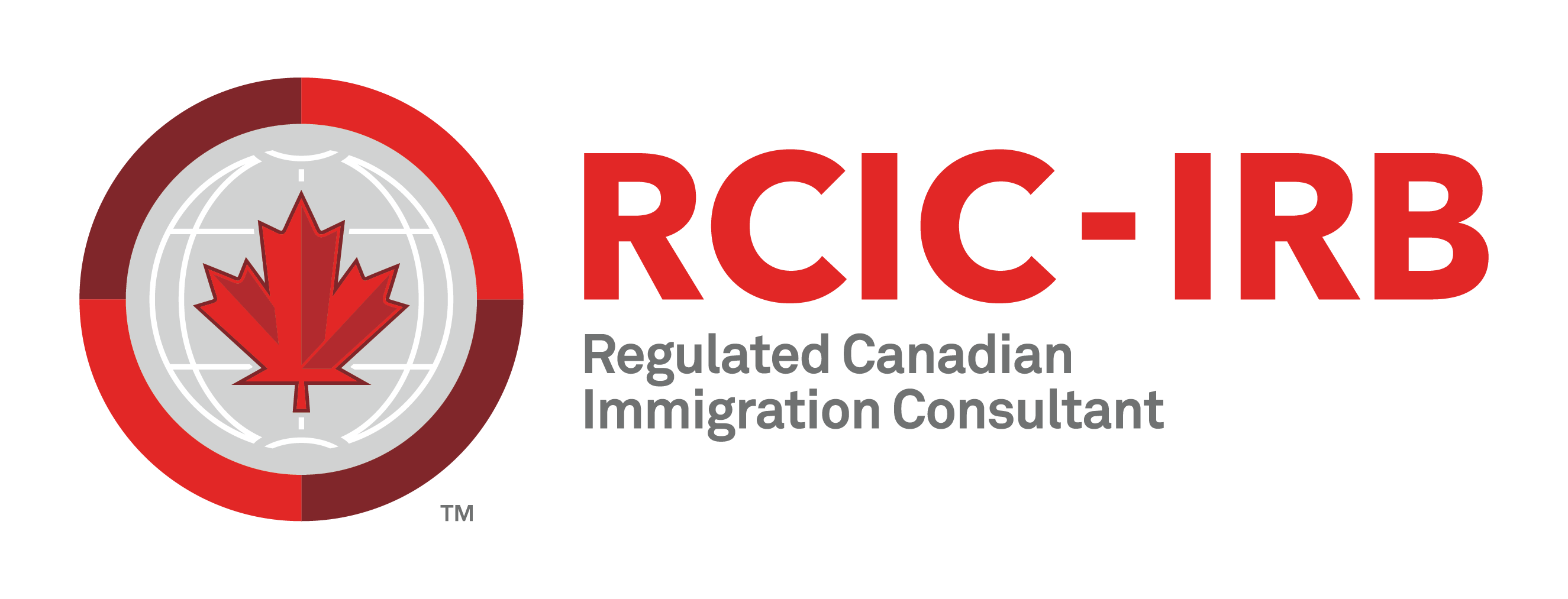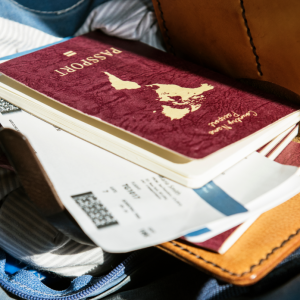Refugees who’ve fled wars, crises, and persecution yet still hold skills the Canadian economy desperately needs may be facing yet another challenge: time. The Economic Mobility Pathways Pilot, a program meant to help displaced professionals secure work and permanent residence in Canada, is on the verge of expiring. And with silence from Ottawa, hope is quickly giving way to uncertainty.
A Quiet But Powerful Lifeline for Displaced Talent
Since 2018, the Economic Mobility Pathways Pilot (EMPP) has connected skilled refugees with employers facing labour shortages across the country. From health care to construction, engineering to academia, EMPP has opened a small but meaningful door for those who’ve lost everything—except their qualifications.
Take Peter Melo, general manager of Allstone Quarry Products in Schomberg, Ontario. Known for its award-winning stonework, his business has found renewed strength in Syrian workers recruited through the pilot. These men didn’t just fill labour gaps. They helped build a new company culture—resilient, diverse, and deeply motivated.
One worker fled the devastation in Syria and found his way to Iraq. Another took refuge in Lebanon. Both were welcomed to Canada with open arms and job offers.
But the question now looming: will the next refugee worker make it in time?
Ottawa’s silence and employers left waiting
Despite a pledge by Canada’s former immigration minister to make the program permanent by 2025, the EMPP is officially due to expire this week. No public update has been provided by Immigration, Refugees and Citizenship Canada (IRCC).
Applications already submitted are still being processed. But the fate of those still preparing to apply or waiting for job interviews is completely uncertain.
Employers are left in limbo. Among them is Carleton University in Ottawa. The school is working to bring in Abeer, a Sudanese refugee and PhD scholar in wireless communications. Her skill set fits perfectly into a Canadian AI research project. But despite months of paperwork, she’s still stuck in Somalia, waiting for the system to catch up.
“We need this scholar here now,” says Norah Vollmer, manager of faculty affairs at Carleton. “She has no status where she is. Every day we wait, we risk losing her entirely.”
Real People, Real Stakes, No Time to Wait
Dana Wagner, co-founder of TalentLift, a non-profit that pairs displaced professionals with Canadian employers, says letting the pilot quietly expire would be “cruel.”
“You can’t flip programs on and off like a switch,” she explains. “Businesses have invested time and resources. Refugees are preparing resumes, attending interviews. Everyone is being left hanging.”
One of those waiting is Esperat King Ntakarutimana, a nurse from Burundi who fled to Rwanda. He’s currently being considered for a healthcare position in Canada. But his future hangs entirely on whether the EMPP sees another day.
These stories are not isolated. They reflect a growing pipeline of talent—ready to contribute, ready to settle, and ready to call Canada home.
Why Canada should not lose this momentum
At a time when Canada’s economy is feeling the weight of labour shortages across nearly every industry, shutting down a program like EMPP would be a backward step. These refugees are not only qualified, they are motivated to rebuild their lives and make long-term contributions.
Peter Melo says it best. “It takes patience, yes. It takes a lot of help early on. But these are great people. Great workers. It’s been one of the most rewarding things I’ve done.”
He still remembers the joy on a refugee’s sister’s face when she reunited with her brother at the Toronto airport. “They were so thankful. I was buzzing for months.”
Final Thoughts: A Program Worth Saving
The Economic Mobility Pathways Pilot has done more than just match people with jobs. It has matched hope with opportunity. It has given refugees a second chance and employers a lifeline during critical labour shortages.
Letting it quietly disappear now would not only be a policy failure—it would be a missed opportunity to reinforce Canada’s global role as a leader in humanitarian and economic immigration.
With so many waiting, watching, and hoping, Canada needs to decide. Will it pause progress, or push forward with a program that works?
Add ImmigCanada to Your Google News Feed











Leave A Comment
You must be <a href="https://zfcanada.com/wp-login.php?redirect_to=https%3A%2F%2Fzfcanada.com%2F2025%2F06%2F14%2Feconomic-mobility-pathways-pilot-faces-uncertain-future-in-2025%2F">logged in</a> to post a comment.